With the support of




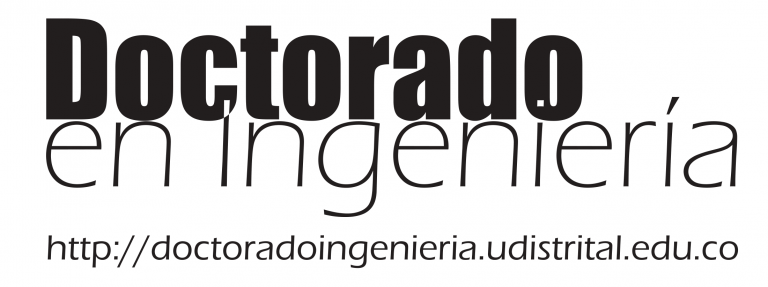


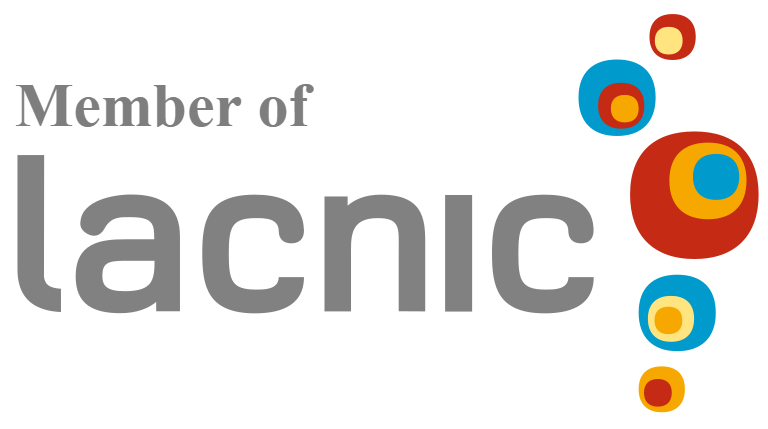

Video by @descubresantamarta
August
Submission
September
Notification
October
Registration
November
Event
We are pleased to announce the fifth edition of the “LoHacemosxTIC” conference, an academic event that has become a key platform for reflection and knowledge exchange on the application of Information and Communication Technologies (ICT) in various fields of knowledge. This year, the conference will take place from November 12th to 14th, 2025, and we look forward to the participation of researchers, academics, and professionals who wish to share their findings and experiences in a collaborative and enriching environment.
The topics of this event address the main challenges and opportunities in research, with the aim of promoting knowledge, collaboration, and innovative solutions. It is a space to discuss ideas, share findings, and strengthen networks around the following topics:
This track invites research addressing recent advances in artificial intelligence and emerging technologies, considering practical applications, ethical challenges, and social and organizational impacts. Proposals integrating technological innovation with a critical and responsible perspective are highly valued.
This track invites research on innovative educational processes. We welcome proposals focused on teaching, learning, and assessment from contemporary pedagogical approaches that address current challenges in diverse educational contexts.
This track welcomes research related to economic development, entrepreneurship, and innovation, both in ICT-mediated environments and traditional settings. We value studies that explore the transformation of economic models, business management, and market dynamics through strategic, critical, or technological approaches.
This track welcomes research addressing current challenges, advances, and transformations in the field of health from a comprehensive, human-centered, and interdisciplinary perspective. Proposals may relate to physical and mental health, public health, collective care, health education and training, as well as organizational, technological, or community-based innovations aimed at improving individual and population well-being.
This track invites research that explores human, social, and cultural phenomena from diverse perspectives, in both digital and non-digital contexts. We welcome work that analyzes discourse, practices, rights, memory, identity, and culture in relation to today’s most pressing issues.
This track focuses on research for the sustainable management and protection of ecosystems, natural resources, and the built environment. It includes studies from environmental, agricultural, biological, forestry, and building sciences, as well as technological innovations and community knowledge for conservation and sustainability.
This track invites research exploring artistic creation, expression, and dissemination from both traditional and digital approaches, recognizing the coexistence and interaction of artistic knowledge and practices in contemporary contexts. Proposals integrating creativity, innovation, and the cultural and social impact of art in its various forms are valued.
Our speakers, recognized experts in their fields, bring a valuable combination of experience and knowledge. Committed to innovation and scientific advancement, they create a collaborative space where the exchange of ideas and cutting-edge research drive academic development and debate.
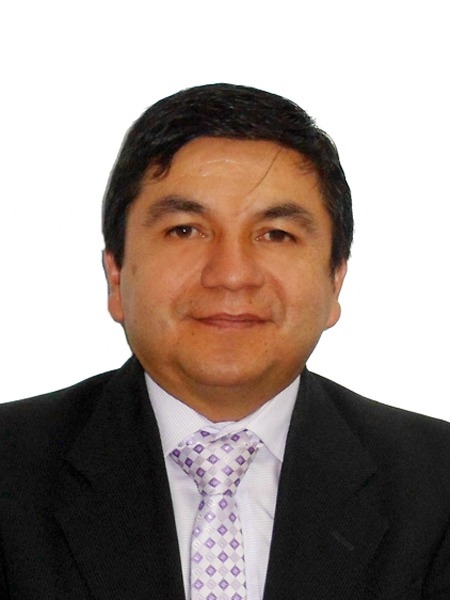
PhD. en Economía y gobierno
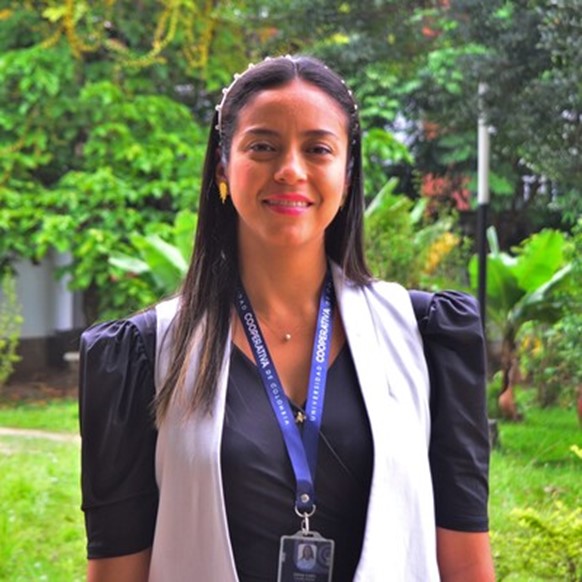
PhD. en Biomedicina
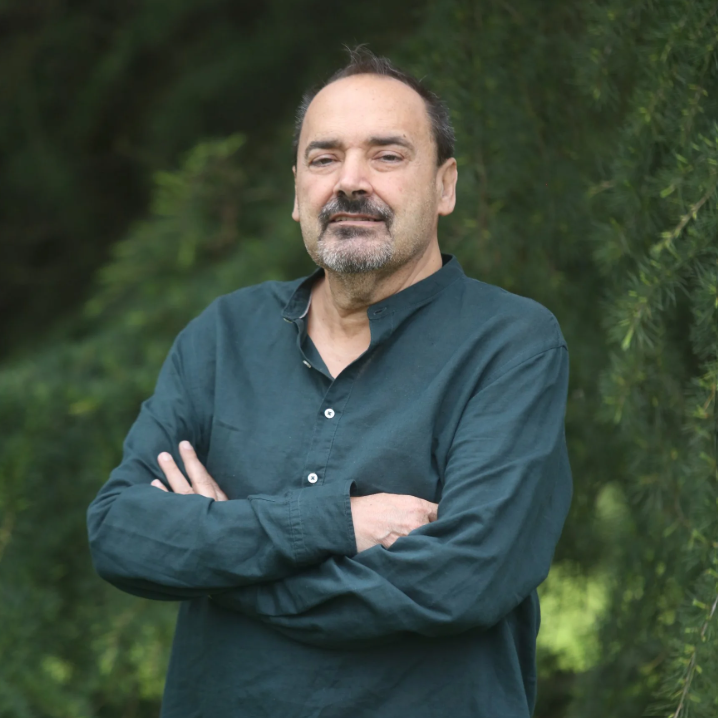
PhD. en Informática

PhD. en Ingeniería








Do you have any questions or requests? Please reach out using the following methods or leave us a message so we can get in touch with you.
Universidad Cooperativa de Colombia campus Santa Marta
Leave us your message or write to us at lohacemosxtic@udistrital.edu.co